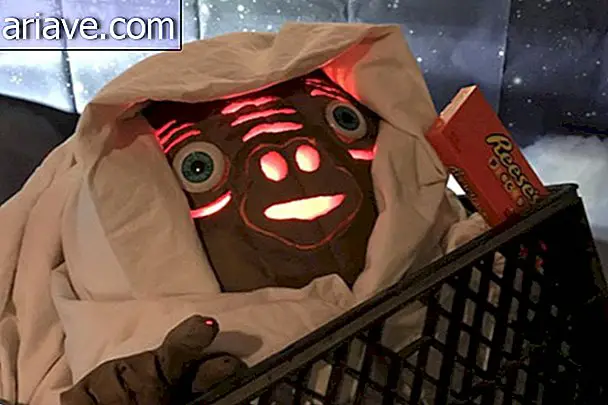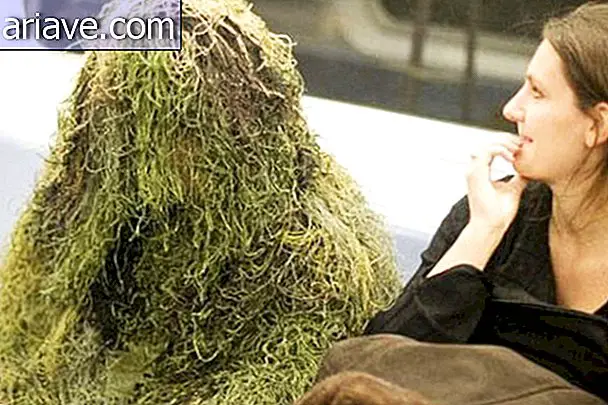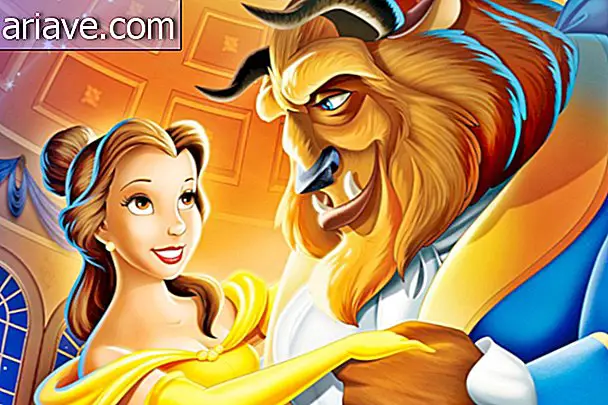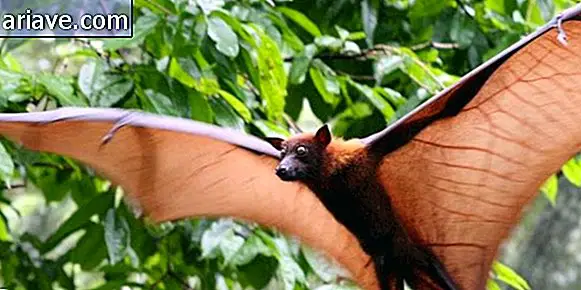Born to talk? Why are we the only animals to master language?
With a few exceptions, the human is a very talkative animal. Researchers indicate that we can use up to 370 million words in an average lifetime. However, no one knows exactly why we are the only species to have a language of their own.
But where did all this come from? The history of language is such a complex puzzle that even today few risk saying it has been completely solved. According to Simon Kirby, a member of the world's largest language evolution research unit, even with a lot of investment, we still know very little about our own history.
“We still know almost nothing about how we came to have our most striking feature. It's a little embarrassing to think how little we understand about the biggest brand of our kind, ”says Kirby.
Unlike other aspects of human evolution, in which fossils collaborate enormously in understanding, it is very difficult to be sure how human beings began to speak. Christine Kenneally, author of the book “The First Word”, has very well defined the situation: there are no verbs preserved in amber that can clarify these mysteries.
Researchers don't even know when we start talking. The most widely regarded research in academia takes into account dates between 100, 000 and 1.8 million years. For example, it is well known that all species of the genus Homo, such as the Neanderthals, had evolved means of speech. However, scientists do not yet know if this was used or exercised in any way.
The language family tree
An evolutionary biology research group at the University of Reading in the UK is close to more accurate results on the origins of human language. They have traced the "tracks" of language, creating a kind of speech family tree that shows how we got to where we are. However, some parts of the puzzle are still missing.

In their research, they discovered very important facts; For example, 20, 000 years ago cavemen were able to understand the meaning of simple words, using terms such as “you”, “you” and “who”.
Brother Languages
Mark Pagel of the University of Reading research group believes that words are transmitted “from parent to child, ” as do genes. “This means that we can compare the words people use in the same way we do with their genes, in order to establish how multiple speakers might be closely related. Similarly, if two languages have many words in common, this suggests that they both derive from the same ancestral language, ”says Pagel.
A good example of this is Latin, the common ancestor for languages such as Portuguese and Spanish, which contain hundreds of words with similar meanings and sounds.
The ability to speak
Since the 1950s, research at the University of Massachusetts Institute of Linguistics has been the final word on the subject. The study's author, Noam Chomsky, argued that speech is within human genes.
“My granddaughter acquired her language, while her pet kitten, which was influenced by the same external data, couldn't even start talking. Either this is a miracle or the ability to speak is part of the human genetic heritage, ”adds Chomsky.
Current researchers, like Kirby, look at other facts: “It's a perfectly reasonable explanation, but I'd say he ignores something important: language is not entirely formed from whatever kind of biological faculty we have. Language is a human product, our creation based on skills. ”
Perhaps the sum of some skills, imitations, and learning ability is the "missing link" of language. However, it seems that we are still far from having a final verdict on the subject.











